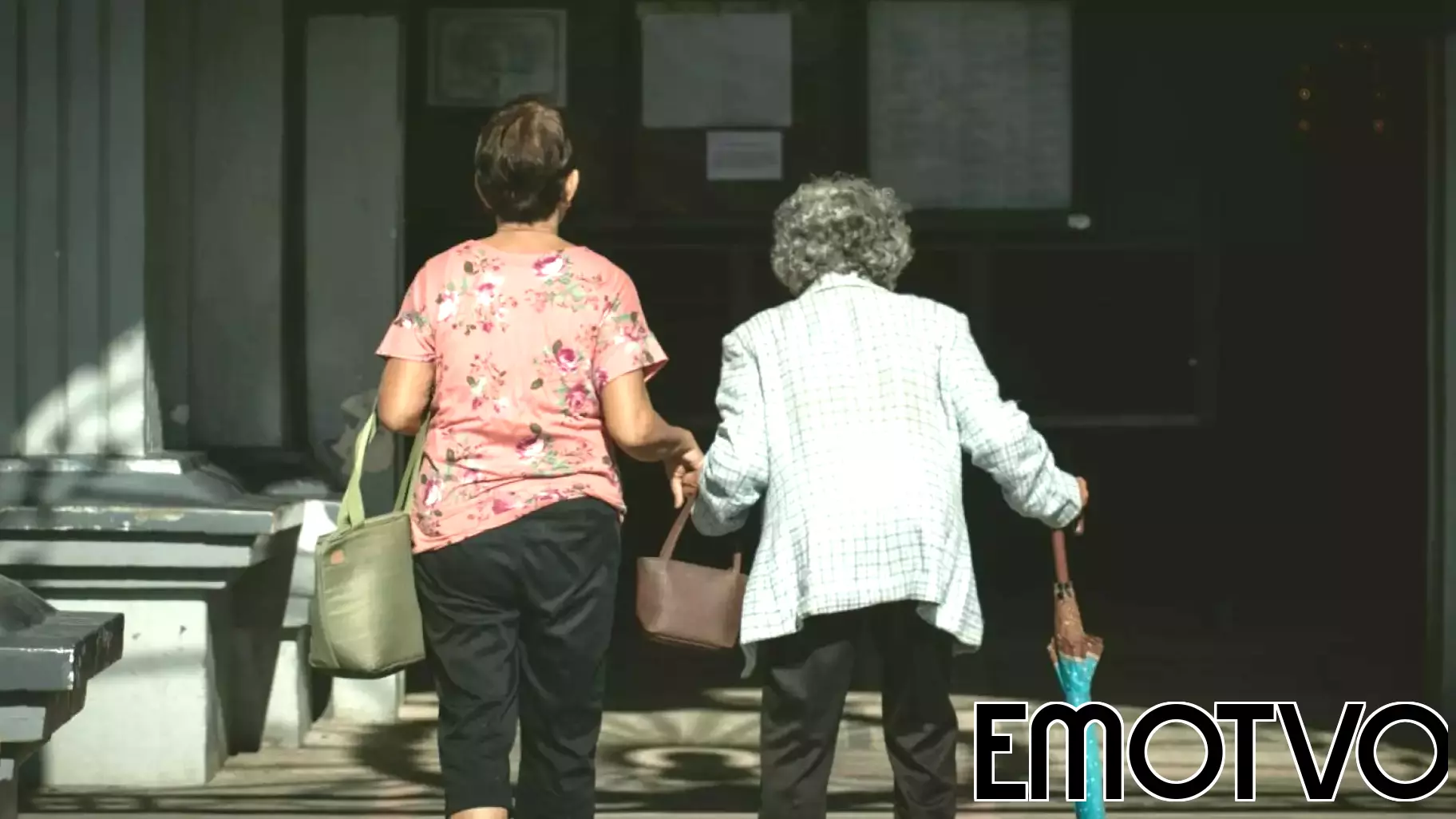Understanding the Influence of Seasonal Changes on Dementia Sundowning Symptoms
March 22, 2025 - 04:37

Recent studies have shed light on how seasonal changes can significantly impact sundowning symptoms in individuals with dementia. Sundowning refers to the increased confusion, agitation, and restlessness that often occurs in the late afternoon and evening. As seasons shift, variations in daylight hours, temperature, and even social activities can exacerbate these symptoms.
During the shorter days of winter, for instance, decreased natural light can lead to heightened feelings of confusion and anxiety. Conversely, the longer days of summer may disrupt sleep patterns, leading to increased irritability and restlessness in the evening.
To help manage these symptoms throughout the year, caregivers and family members can implement several strategies. Maintaining a consistent daily routine is crucial, as it provides a sense of stability. Additionally, ensuring adequate exposure to natural light during the day can help regulate the individual's internal clock. Creating a calming evening environment, complete with soothing activities, can also mitigate the effects of sundowning, making it easier for those with dementia to navigate seasonal changes.
MORE NEWS

February 21, 2026 - 01:54
Resilience and Reconstruction: What Now?The ongoing integration of over 100,000 displaced persons from Nagorno-Karabakh into Armenian society presents a profound contemporary case study in resilience, trauma, and social adaptation. This...

February 20, 2026 - 09:54
Frontiers | Relating physical exercise to “lying flat” among Chinese college students: the chain mediation of temporal focus and the sense of meaning in lifeA new study reveals a powerful antidote to the `lying flat` mentality gaining traction among Chinese college students: physical exercise. Faced with intense academic and social competition, many...

February 19, 2026 - 19:57
New Review Challenges the "Just-So Story" Critique of Evolutionary PsychologyFor decades, evolutionary psychology has been dogged by a persistent criticism: that its theories are unfalsifiable `just-so stories,` clever narratives about human nature that cannot be...

February 19, 2026 - 03:07
Holocaust survivor made MBE says ‘nothing can change’ without psychologyHolocaust survivor Lydia Tischler has been formally appointed as a Member of the Order of the British Empire in a ceremony at Windsor Castle. The honour recognises her decades of dedicated service...